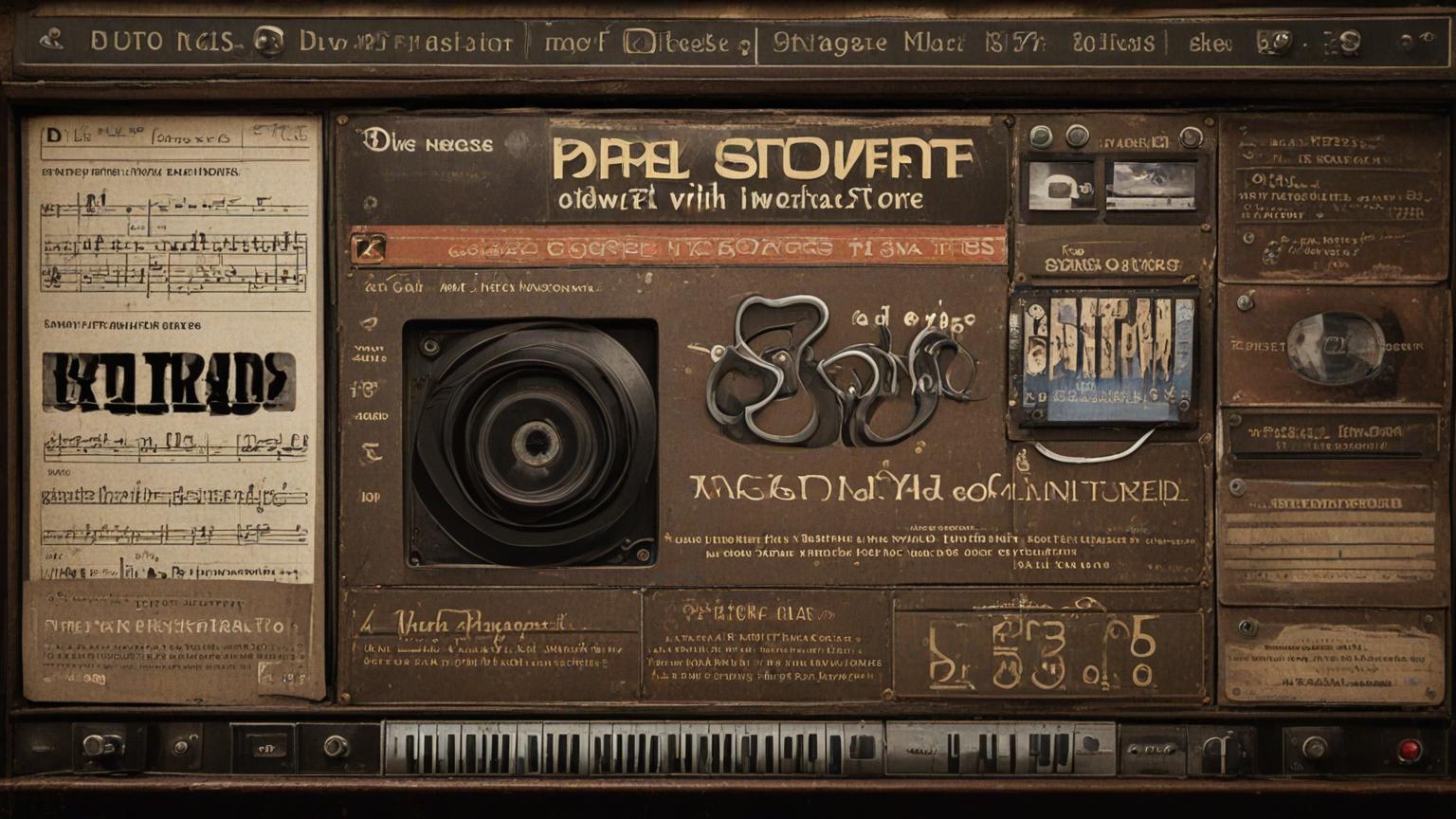In the glitzy and glamorous world of cinema, certain elements of film production often steal the spotlight. Directors and actors are celebrated, their names etched in the annals of film history. Yet, hidden beneath the surface, within the shadows of the silver screen, lay unsung heroes who contribute significantly to a movie's legacy: the film score restorers.
A film's score is more than just background noise; it is an integral part of storytelling, evoking emotion, building tension, and transporting audiences into the world created by filmmakers. However, as time goes by, scores from classic films can become lost or damaged. This is where the craft of film score restoration comes into play, reviving the magic of music that might otherwise be forgotten.
Film score restoration is a meticulous process, requiring a keen ear and an immense knowledge of musicology. Restorers must delve into archives, sifting through dusty reels and fragile sheet music to piece together an original score. In some cases, the original recordings are long gone, necessitating the artful recreation and re-recording of the score, using modern orchestras and technology to bring it back to life.
One of the challenges faced by restorers is the variety of formats and media used over the decades. Fragile acetate discs, magnetic tapes, and even vinyl records can all hold pieces of a long-lost score. Each has its challenges, from degradation to technological hurdles, demanding patience and precision from those who handle these vintage materials.
Film score restorers often find themselves working closely with archivists and historians to comb through libraries and private collections. It's an adventure akin to an excavation, discovering the remnants of what once was a cherished piece of music, then breathing life back into its notes.
In many restoration projects, collaboration is key. Restorers may work alongside original composers, if they are still alive, or consult with their estates. Additionally, they might team up with dedicated fan communities and scholars who often possess a treasure trove of knowledge and resources, contributing significantly to the restoration efforts.
With the advent of digital technology, restoration has also seen a shift in techniques. Advanced software allows restorers to clean up static and noise in recordings that were previously considered unsalvageable. Modern technology offers the promise of not just restoring a score but enhancing it, providing an experience that combines the authenticity of the past with the clarity and richness of contemporary sound.
Not every restored score makes it to the limelight, but when it does, it can breathe new life into the film itself. Classic films screened with fully restored scores can offer audiences the chance to experience the movie as originally intended, complete with its sonic signature. These events are treasured by cinephiles and music enthusiasts alike, providing an immersive trip down memory lane.
Unfortunately, like many passionate fields, film score restoration is often underfunded and overlooked. Many companies and nonprofits dedicated to the art struggle to raise the necessary funds to carry out their intricate projects. However, the perseverance of those involved is unwavering, driven by a love for music and an appreciation of cultural heritage.
Film score restorers are truly the keepers of a unique form of storytelling. Their dedication ensures that movie lovers can continue to enjoy the full spectrum of a film's artistry, long after its initial release. As more audiences become aware of their work, perhaps the spotlight will begin to shine more brightly on these musical custodians, honoring their vital role in preserving cinematic history.
So, the next time you watch a beloved classic, paying attention to the score could reveal a fascinating layer of revival and dedication. In this ever-evolving world of film, let’s not forget the contributions of these talented individuals, safeguarding the music that transcends time and speaks to the heart of cinema.
The unsung heroes: Inside the world of film score restorations

